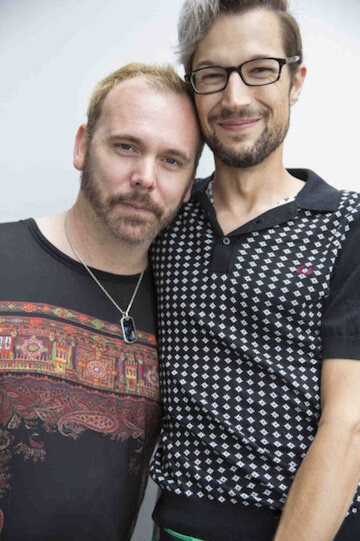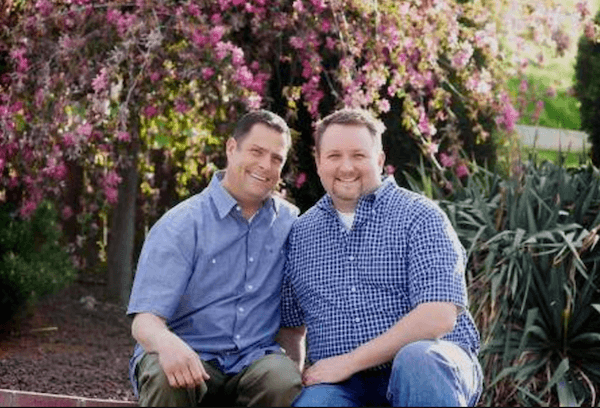The Salt Lake Tribune headlined it this way: “In Major Move, Mormon Apostles Call for Statewide LGBT Protections.” Here was the frame from the New York Times: “Mormons Seek Golden Mean Between Gay Rights and Religious Beliefs.”
Wrong. Both of them. In their headlines and in the stories that followed.
According to the Times, “Mormon leaders tried to stake out a middle ground in the escalating battle between gay rights and religious freedom on Tuesday, demanding that both ideas, together, be treated as a national priority.”
The Tribune in Salt Lake City offered a more accurate lede: “Top leaders of the Church of Jesus Christ of Latter-day Saints called Tuesday for passage of laws granting statewide protections against housing and employment discrimination for gay and lesbian Utahns — as long as those measures safeguard religious freedom.”
Here’s what the Mormon Church leaders actually said in a January 27 release: “We call on local, state, and the federal government to serve all of their people by passing legislation that protects vital religious freedoms for individuals, families, churches, and other faith groups while also protecting the rights of our LGBT citizens in such areas as housing, employment, and public accommodation in hotels, restaurants and transportation.”
The Mormon bid to extend the concept of religious exemption beyond the narrow confines of a faith congregation to “individuals” and “families” — allowing anyone to opt out of the requirements to not discriminate in employment or housing, presumably on the basis of some “sincerely held religious belief” — is in no way, shape, or form a compromise, a concession, an advance, or a golden mean.
It is an effort to interject the latest right wing tactic for resisting LGBT equality into an ongoing debate over a nondiscrimination bill in the Utah Legislature. That measure has long been stalled, but presumably it will be considerably easier to move with LDS support. But what would such legislation mean?
It would mean that Mormons or anyone else staking a religious claim could be exempted from the nondiscrimination measure. It would, in essence, be a license to discriminate.
That the Mormons do not deserve.
If there is any doubt as to the motivation or sincerity of the Mormons’ latest gambit, look to a comment from the Church leader who laid out the new policy. Elder Dallin H. Oaks pointed to “the steady erosion of treasured [religious] freedoms that are guaranteed in the United States Constitution.”
What is Oaks talking about? The obligation of paid civil servants to issue marriage licenses to same-sex couples? The obligation of businesses that act as public accommodations —making their services generally available to the general public — to serve gay and lesbian people?
Yes, that is exactly what Oaks is talking about.
Nobody disputes that a city clerk must issue a marriage license to an interracial couple, whatever their feelings about whether blacks and whites should marry. Nobody disputes that a hotel must rent a room to a Latino couple or that a restaurant must serve an Asian woman or a Jewish man.
What is it about LGBT people that gives people the right to claim a religious out from the rules that govern their interactions with any other person they come across. Are LGBT people morally “spoiled” from the standpoint of civil law?
No. Not if civil law and the separation of church and state mean anything.
So, I for one will reject the offer the Mormons put on the table. Not because the balance isn’t quite right. But rather because they made no effort at balancing at all. The public image of Mormons took a big hit when they fell all over themselves pouring millions into the battle to pass California’s Proposition 8 in 2008. They’re trying to rebrand themselves now as reasonable folks seeking the “golden mean.”
Their proposal is cynical, and frankly unworthy of an organization claiming to be guided by deep principles.


































